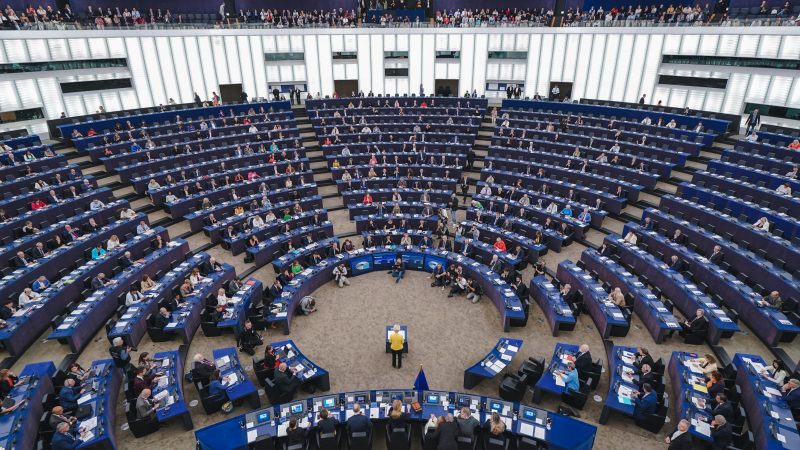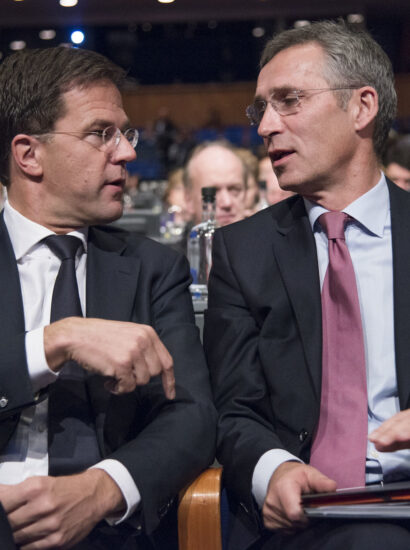Judith Sargentini successfully passed on the baton when it comes to picking out Hungary about its political configuration and sovereign decisions. In keeping with her gloomy views, this time French green-aligned MEP Gwendoline Derbos-Corfield presented her report on the state of Hungarian democracy. To put it more accurately: the state of the Hungarian ‘hybrid regime of electoral autocracy’. Interesting terms, fascinating complexity, not much utility. Just like the European Parliament itself.
I am trying to imagine the strained moments, the nights without sleep and the endless interviews and emails back and forth with other left-aligned MEPs, their experts and affiliates in order to come up with a well-quotable, bombastic slogan about what’s wrong with Hungary.
Hungary, whose Christian-Democratic government was elected in OSCE-certified elections just this year with overwhelming majority, going up against a unified faction of the poorly organized, ideologically diverse, rarely solidary opposition ranging from ex-far right parties all the way to people who were directly linked to the Communist party before the democratic transition. A unified faction more sympathetic to the European left.
The afore-mentioned democratic transition has been hailed by literally half of Europe, especially those states that could follow point or even by the ones that could get reunited not just in law, but also on the level of families, at least partly thanks to Hungary. The democratic transition, which, according to the report – hence ‘hybrid regime’ – was never really concluded. Interestingly, when Ferenc Gyurcsány’s government was in power, with former Communist Party officials (and he himself a former leader of the Hungarian Young Communist League) acting as ministers, Hungary was a full-fledged, fully developed democracy, no questions asked. When his predecessor, Péter Medgyessy turned out to be a former agent of the state security services, there was literally no-one handing in and then holding up and shaking papers and binders above their heads saying that Hungary was irrevocably doomed to become a dictatorship.
The report is non-binding and does not obligate other institutions or countries to act on it. We could call it much ado about nothing if there was not a very frightening underlying trend when it comes to these reports. Namely, the European Parliament thinking it is much more than a forum for political questions to emerge more efficiently, with a heightened inclusion of the real problems of European citizens. Namely, the EP being made into thinking as a governing body. Forced to become an authority by those who, in their home countries, pose as politicians on the side of inclusion, tolerance and openness. Cracking down on those who come to a debate with actual arguments, those arguments viewed by them as threats.
Liberals who repress ways of thinking different from their own. Now that’s hybrid.








[…] between the EU’s powers, all the more so because the European Parliament is not dealt a hand in the enforcement of the law beyond the creation of the […]
[…] course, no law will ever prevent corrupt parliamentarians from selling their influence to the highest bidder. But if the European Parliament were to fight abuses more firmly, if […]
[…] fast was a great display of solidarity and unity; two very highly valued phenomena in the bloc, particularly in the European Parliament. There was a lot of pride inside the organization, having displayed its […]